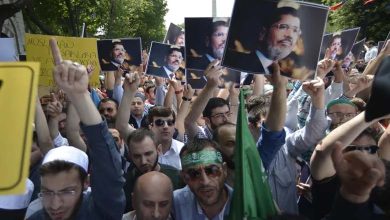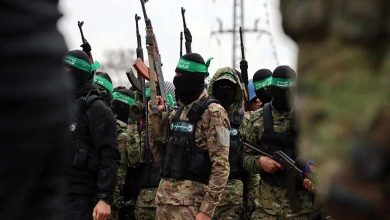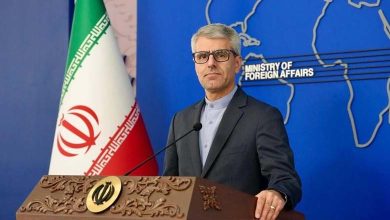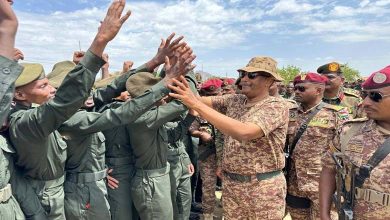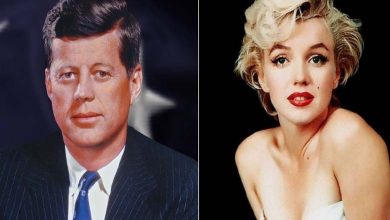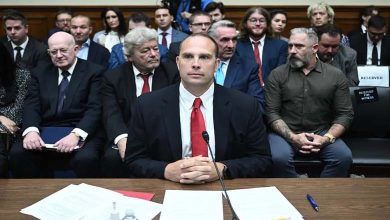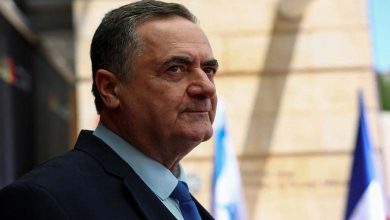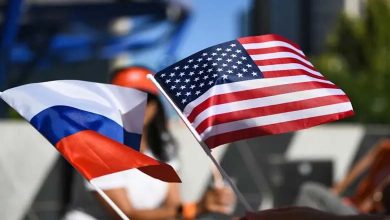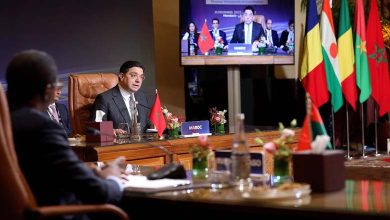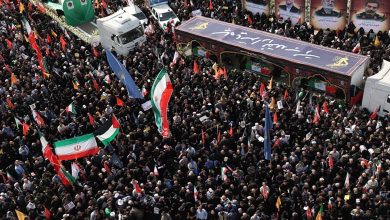France increases pressure on Lebanon to distance Hezbollah from the Israeli borders
The French Foreign Minister visits Lebanon in preparation for an upcoming visit by President Emmanuel Macron, during which he will meet with several officials in the country
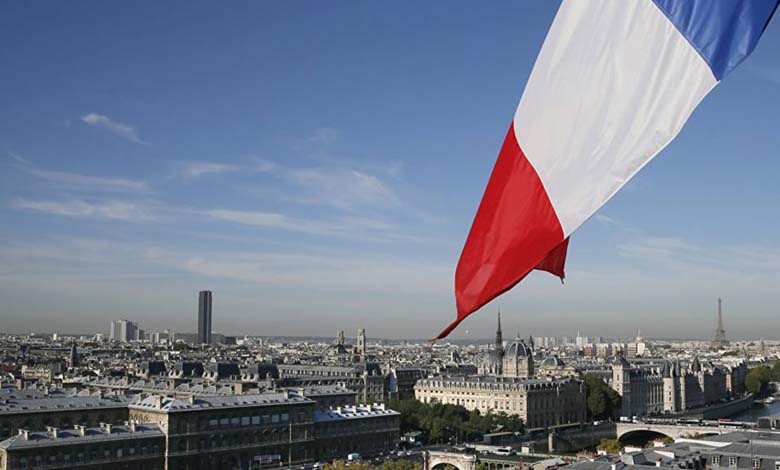
Paris is leading efforts to amend Resolution 1701. French Foreign Minister Catherine Colonna is set to visit Lebanon on Friday, where she will visit the French contingent in the United Nations Interim Force in Lebanon (UNIFIL), according to Lebanese media.
This visit seems to pave the way for President Emmanuel Macron‘s anticipated visit to Beirut, coinciding with Paris’ efforts supporting the establishment of a buffer zone in southern Lebanon. This is part of the pressure exerted by Israel, which insists on pushing Hezbollah away from the borders before allowing the return of tens of thousands of settlers evacuated during clashes with the Lebanese group.
The Lebanese news site “Al-Jadeed” indicated that Macron is scheduled to visit Lebanon on December 21st in a two-day visit to celebrate Christmas with the French contingent operating within the UNIFIL forces. He will also hold meetings with several officials in the country. During her last visit to Beirut on October 16th, Colonna called on Lebanese authorities to intensify their efforts to prevent the country from sliding into war, stating, ‘No group should exploit the situation,’ and referring to the accumulated crises the country is facing. Paris is leading efforts to persuade Lebanese leaders of the need to establish a military zone south of the Litani River. It recently sent a delegation, headed by Bernard Emié, the director of French intelligence, to propose a set of suggestions to distance Hezbollah from the borders. Meanwhile, the recent visit of French envoy Jean-Yves Le Drian to the country sparked widespread controversy as he was perceived to focus his talks on this issue at the expense of the presidential vacuum crisis. Some observers even suggested that he is ‘commissioned’ to implement the Israeli plan.
Israel relies on Paris to pressure Lebanese officials to end Hezbollah‘s presence on the borders. Le Drian hinted at forcefully implementing Resolution 1701 through its modification in the Security Council or resorting to Chapter VII to impose it and establish the buffer zone. According to Lebanese newspaper “Al-Akhbar,” U.S. Energy Security Advisor Amos Hochstein has stepped in to address the situation on the Lebanese front.
The U.S. mediator suggests going beyond amending Resolution 1701 and proposes confirming Lebanon’s ownership of Point 1 in Naqoura Bay as a starting point for demarcating land borders and resolving disputed points officially marked by Lebanon on the so-called ‘Blue Line,’ set by the United Nations in 2000. This includes Israel’s withdrawal from the Lebanese part of the village of Ghajar and the Shebaa Farms, handing them over to international forces as disputed territories, according to the same source. The U.S. mediator believes that ‘completing maritime demarcation with land demarcation is the practical solution that meets all demands to end the conflict between Hezbollah and Israel.’ Defense Minister of Israel, Yoav Galant, threatened last week to push the Lebanese Hezbollah beyond the Litani River, either through political or military means. He affirmed that around 80,000 Israelis living 9 kilometers from the borders, evacuated during the war on Gaza last October, will not return until security is restored in the area.


